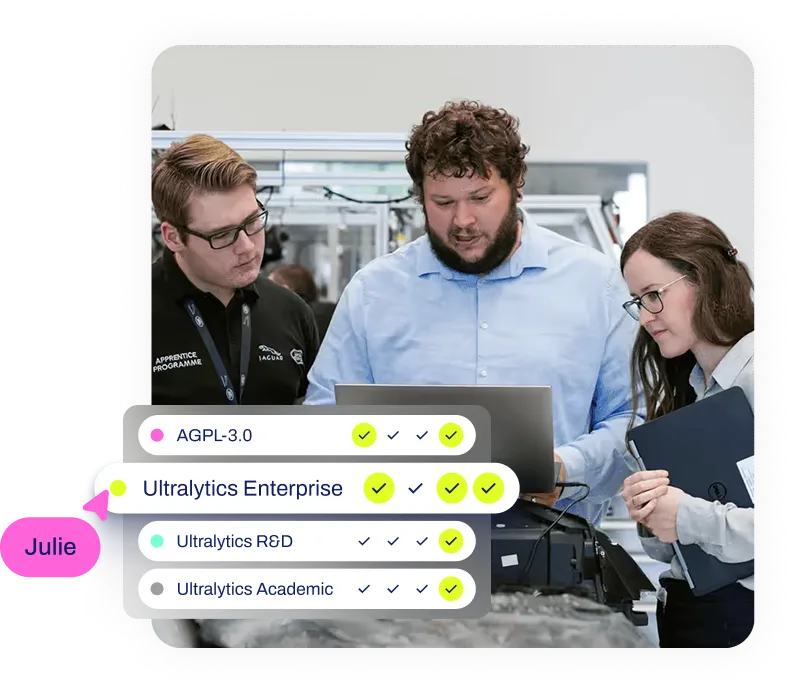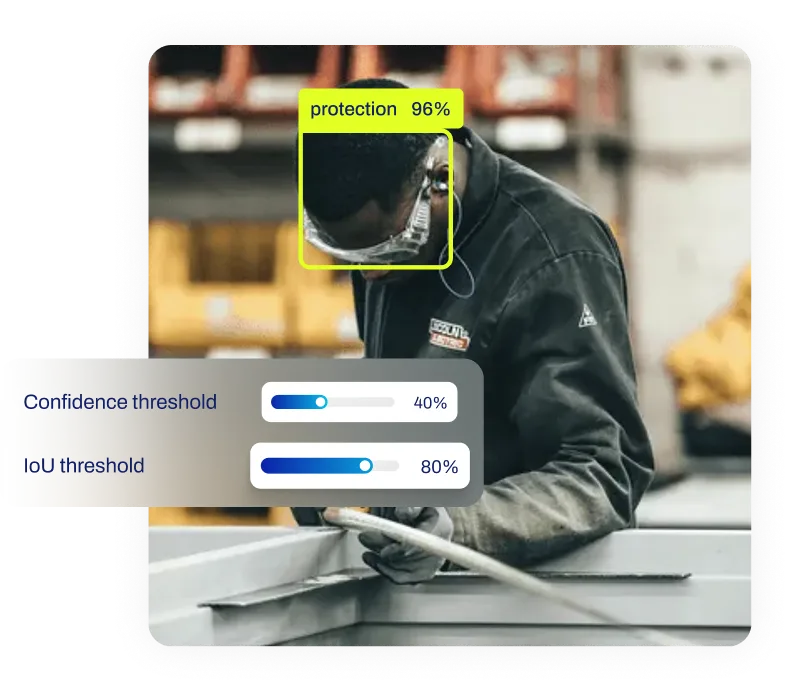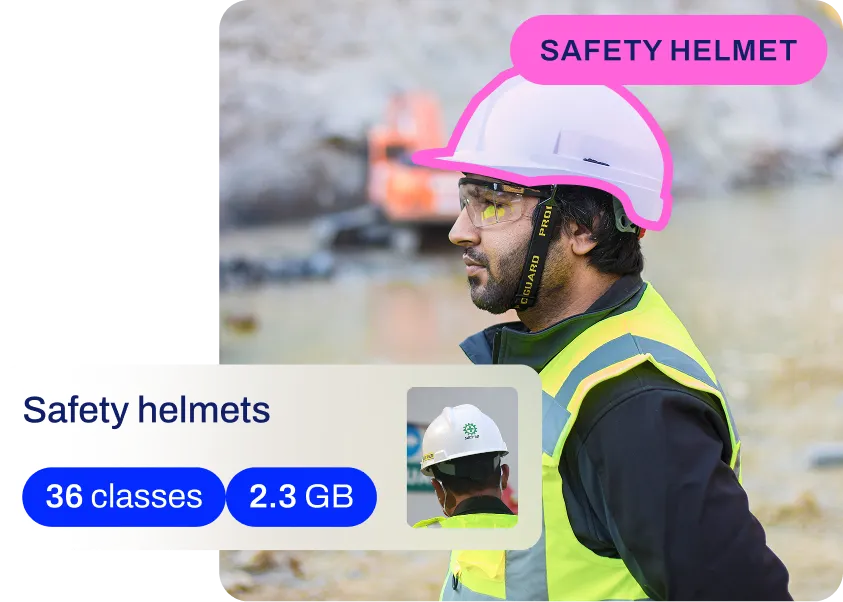Cloud Computing
Explore how cloud computing powers AI. Learn to train Ultralytics YOLO26 on cloud GPUs and deploy vision models at scale using the all-new Ultralytics Platform.
Cloud computing refers to the on-demand delivery of IT resources—such as servers, storage, databases, networking, and
software—over the internet. Instead of organizations purchasing, owning, and maintaining physical data centers, they
can access technology services on an as-needed basis from a cloud provider. For practitioners of
Artificial Intelligence (AI) and
Machine Learning (ML), this paradigm is
transformative. It provides the elastic
scalability needed to handle massive datasets and
complex computations without the prohibitive upfront cost of hardware.
The Importance of Cloud in AI Development
The symbiotic relationship between cloud infrastructure and modern AI has accelerated technological innovation.
Training sophisticated Deep Learning (DL) models
requires immense processing power. Cloud platforms offer instant access to high-performance clusters of
Graphics Processing Units (GPUs) and
Tensor Processing Units (TPUs), enabling
researchers to perform distributed training on
vast amounts of training data.
Beyond raw power, cloud services streamline
Machine Learning Operations (MLOps). From data ingestion and data labeling to
model deployment and monitoring, the cloud
provides a unified ecosystem. This allows teams to focus on refining algorithms rather than managing infrastructure.
For instance, the Ultralytics Platform utilizes cloud resources to
simplify the training and management of vision models like
YOLO26.
Core Service Models
Cloud computing is typically categorized into three models, each offering different levels of control:
-
Infrastructure as a Service (IaaS): Provides fundamental compute and storage resources. Users
manage the operating system and applications, often using tools like
Docker containers. Examples include
Amazon EC2 and
Google Compute Engine.
-
Platform as a Service (PaaS): Removes the need to manage underlying infrastructure, allowing
developers to focus on deploying applications. This is popular for
database management and application hosting.
-
Software as a Service (SaaS): Delivers complete software products over the internet. The
Ultralytics Platform is a prime example of SaaS, offering a
no-code interface for training
computer vision models.
Real-World Applications in AI
Cloud computing enables AI solutions to operate globally across diverse industries.
-
Medical Imaging: Healthcare providers use the cloud to store petabytes of data securely.
Medical image analysis algorithms running
on cloud servers can process MRI or CT scans to assist radiologists in detecting anomalies. This centralized
processing ensures that the latest model versions are always in use.
-
Smart Retail: Retailers leverage cloud-connected cameras for
object detection to monitor inventory levels and
analyze customer foot traffic. Data is streamed to the cloud, processed to extract insights, and visualized on
dashboards for store managers. See how
AI in Retail optimizes operations.
Cloud Computing vs. Edge Computing
It is important to distinguish cloud computing from
edge computing, as they serve complementary roles in
an AI pipeline.
-
Cloud Computing: Centralizes data processing in massive data centers. It is optimal for heavy
workloads like model training, historical
Big Data analysis, and long-term storage.
-
Edge Computing: Processes data near the source of generation (e.g., IoT devices, manufacturing
robots). This minimizes inference latency and
bandwidth usage.
A common workflow involves training a robust model like
YOLO26 in the cloud to leverage high-speed GPUs, and then
exporting it to a format like
ONNX for efficient execution on
an edge device.
Example: Cloud-Ready Model Training
The following Python snippet demonstrates how to initiate training for a YOLO26 model. While this code can run
locally, it is designed to scale seamlessly to cloud environments where GPU resources significantly accelerate the
process.
from ultralytics import YOLO
# Load the latest YOLO26 model (recommended for speed and accuracy)
model = YOLO("yolo26n.pt")
# Train the model on the COCO8 dataset
# Cloud GPUs drastically reduce training time for larger datasets
results = model.train(data="coco8.yaml", epochs=100, imgsz=640)
For large-scale projects, utilizing
cloud training solutions ensures that your
model weights are optimized efficiently without
overheating local workstations.










.webp)